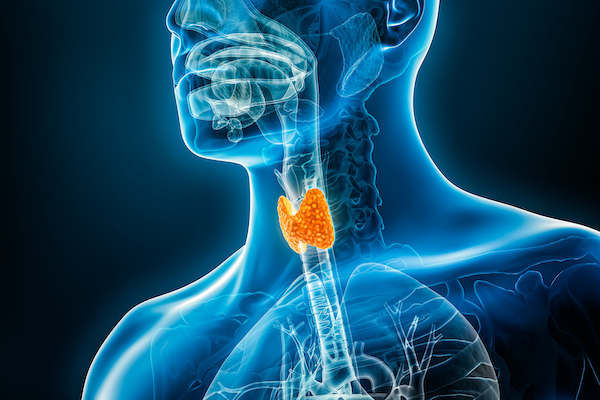Conditions: Euthyroidism
Euthyroidism is a state of normal thyroid hormone level.
Thyroid gland
About the thyroid gland
The thyroid gland is a small butterfly-shaped gland located in the neck. The thyroid gland produces thyroid hormone, which is an essential driver of metabolism and many organ functions.
what is Euthyroidism?
Euthyroidism is a state of normal thyroid hormone levels in the blood. In contrast, insufficient thyroid hormone causes hypothyroidism, and excellent thyroid hormone causes thyrotoxicosis (or a related condition, hyperthyroidism). Euthyroidism may occur in a natural state in which a healthy thyroid gland produces an appropriate amount of thyroid hormone or it may be achieved by treatment of various causes of hypothyroidism or thyrotoxicosis/hyperthyroidism.
How is euthyroidism detected?
Euthyroidism is a normal state of thyroid health in which the individual is neither hypothyroid nor hyperthyroid.
Symptoms of hypothyroidism and hyperthyroidism are so variable and non-specific that they may be useful in developing a suspicion of a thyroid hormone abnormality, but confirmation depends on objective laboratory testing of a blood sample.
A blood sample is usually tested for TSH (thyroid stimulating hormone), free T4, and sometimes T3. Interpretation of these values can be complicated, but euthyroidism is evident when all values are within the normal range. When an individual has low risk of disease in the hypothalamus or pituitary gland, a common testing strategy is to order a TSH first, and ask the laboratory to perform testing for free T4 only if the TSH is shown to be abnormal.
This page




